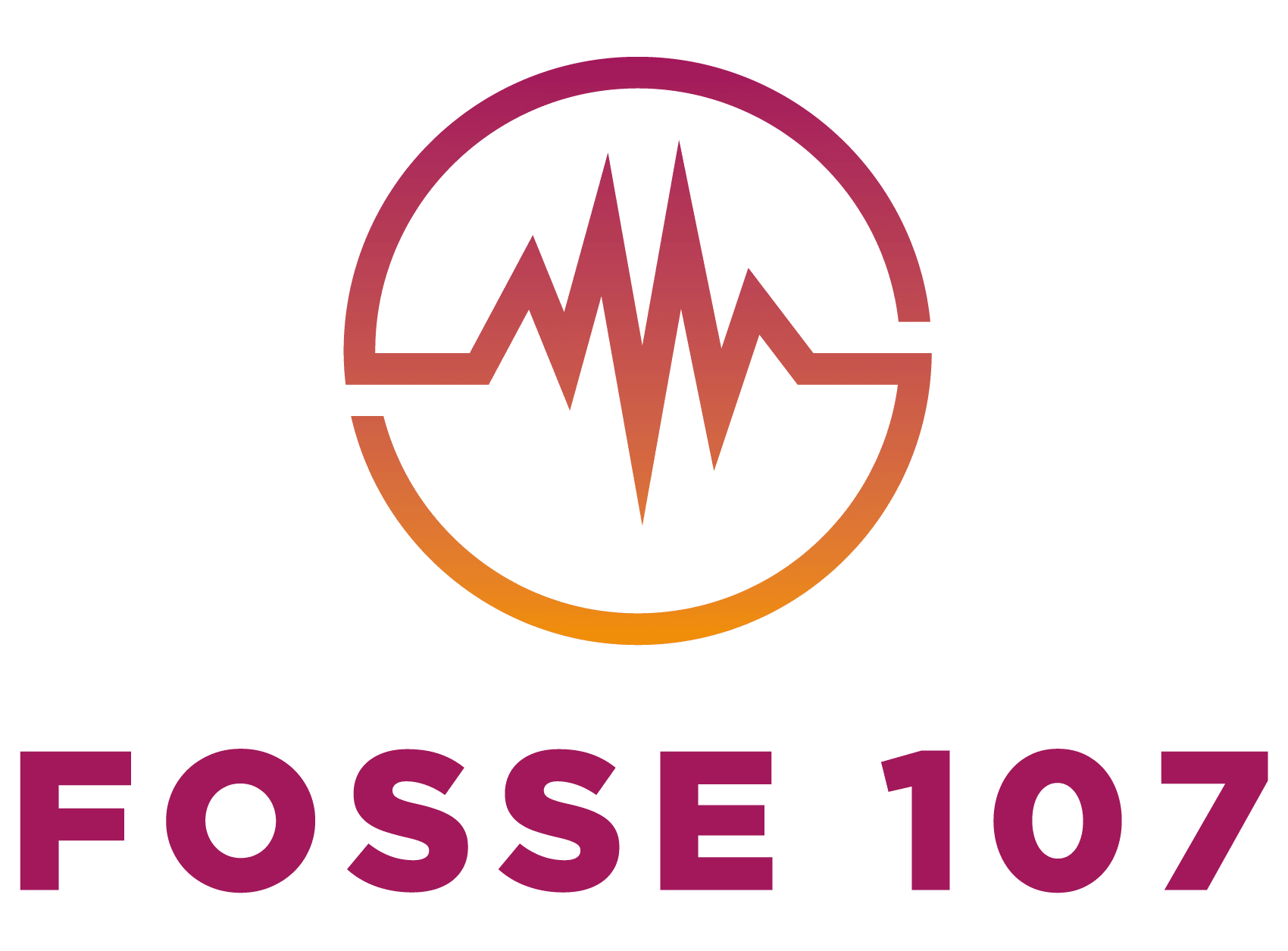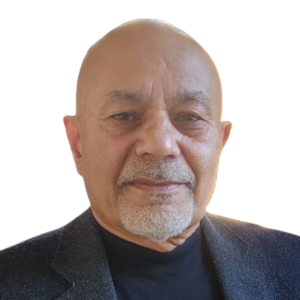Talks aimed at starting the process of releasing Israeli hostages look set to begin on Monday.
Egypt has agreed to host delegations from Israel and Hamas tomorrow. An Israeli delegation led by Strategic
Affairs Minister Ron Dermer will attend the indirect negotiations in the Red Sea resort of Sharm el-Sheikh.
US envoy Steve Witkoff is also expected to join.
Israeli Prime Minister Benjamin Netanyahu has said he hopes to announce the release of hostages being held in Gaza "in the coming days" and Hamas announced on Friday it would return all remaining hostages in Gaza, dead and alive.
The group also said in a statement that it wants to engage in negotiations to discuss further points in the US president's peace plan.
Speaking to our US partner network NBC, Donald Trump's Secretary of State Marco Rubio said Hamas had also agreed "in principle" to what happens after the war in Gaza is over, but he warned the second phase of the deal, which concerns Hamas's disarmament and demobilisation, was "not going to be easy".
"We'll know very quickly whether Hamas is serious or not by how these technical talks go in terms of the logistics," Mr Rubio added.
On his way to a US Navy event on Sunday, Mr Trump told journalists he was looking forward to "peace in the Middle East for the first time in about 3,000 years".
He said the peace plan was "a great deal for Israel" and that "people are very happy about it".
Progress in the discussions in Cairo will largely depend on whether the militant group agrees to Washington's withdrawal map, a Palestinian official close to the talks told Reuters.
Mr Trump released a map showing the areas of Gaza the Israeli Defence Forces would need to withdraw its troops from, which he said had been agreed to already by Israel.
Currently, the Israeli military has covered around 80% of the enclave in what it calls a "dangerous combat zone".
If the peace plan follows the boundaries shown on the map, Israel's initial withdrawal would leave Gaza about 55% occupied, while the second withdrawal would leave it about 40% occupied.
After the final withdrawal phase, which would create a "security buffer zone", about 15% of Gaza would be occupied by the Israeli military.
It is this part - as well as the peace plan proposal for an international group to manage Gaza - "that is going to be a little tougher to work through," Mr Rubio added.
Calls for ceasefire
Meanwhile, international support for an immediate ceasefire is growing.
On Friday, Mr Trump told Israel to "stop bombing Gaza", and on Sunday Pope Leo renewed calls for a permanent ceasefire in the nearly two-year conflict.
This was followed by the foreign ministers of eight Muslim-majority countries issuing a joint statement urging steps toward a possible end to fighting.
In backing Hamas' willingness to hand over the running of Gaza to a transitional committee, the ministers called for an "immediate launch of negotiations to agree on mechanisms to implement the proposal".
They also underlined their commitment to the return of the Palestinian Authority to Gaza, unifying Gaza and the West Bank, and reaching an agreement on security leading to a "full Israeli withdrawal" from Gaza.
Read more:
Why Trump accepted the Hamas peace plan response
If Hamas and Israel agree a deal, it will be Trump's success
Israeli government spokeswoman Shosh Bedrosian told journalists: "While certain bombings have actually stopped inside of the Gaza Strip, there's no ceasefire in place at this point in time."
She said Mr Netanyahu is in "regular contact" with Mr Trump and that the prime minister has stressed talks in Egypt "will be confined to a few days maximum, with no tolerance for manoeuvres that will delay talks by Hamas".
Residents and local hospitals said strikes continued across the Gaza Strip over the weekend.
At least eight people were killed on Sunday in multiple strikes in the city, according to the Shifa hospital, which received the casualties.
Half of them were killed in a strike that hit a group of people in Gaza City, the hospital said.
Four people also were killed in a shooting near an aid distribution site in the southern city of Rafah, according to Nasser hospital.
The Israeli military said it was not involved in the shooting and did not immediately comment on the strikes.
"We're on the brink, and we don't know whether one will die of a strike or starvation," said Mahmoud Hashem, a Palestinian father of five, who is forced to shelter in a tent in the center of Gaza City.
When will hostages be freed?
A lawyer representing the families of Israeli hostages held in Gaza has told Sky News now feels "as good a chance as any" to finally get the remaining captives out.
Adam Wagner said hostage families were facing "a huge mix of emotions" as they awaited the latest developments in Mr Trump's 20-point peace plan.
?Listen to The World with Richard Engel and Yalda Hakim on your podcast app?
"We've seen hopes raised and the talks fail a number of times, but this seems as good a chance as any to get those 48 remaining hostages out," he said.
Wagner also agreed the "big question" for the talks was whether Hamas would agree to full disarmament and complete removal from the administration of Gaza.
Israel estimates 48 hostages remain in Gaza, 20 of whom are alive.
Watch Yalda Hakim's The World at 9pm on Sky News.

(c) Sky News 2025: Hostage release talks imminent to kickstart Gaza peace deal


 Streets of Britain have turned into 'theatres of intimidation', Kemi Badenoch says
Streets of Britain have turned into 'theatres of intimidation', Kemi Badenoch says
 Police to get new powers to impose restrictions on repeat protests
Police to get new powers to impose restrictions on repeat protests
 Man who helped barricade Manchester synagogue says attacker was 'monster' who 'tried every door'
Man who helped barricade Manchester synagogue says attacker was 'monster' who 'tried every door'
 'We don't have anything for winter': Families fear months ahead after earthquake wiped out entire villages in Afghanistan
'We don't have anything for winter': Families fear months ahead after earthquake wiped out entire villages in Afghanistan
 Hundreds rescued near Mount Everest after being stranded by blizzard
Hundreds rescued near Mount Everest after being stranded by blizzard
 Kemi praises Thatcher but faces fight with grandees
Kemi praises Thatcher but faces fight with grandees
 Doorbell footage shows blaze erupt at mosque after suspected arson attack
Doorbell footage shows blaze erupt at mosque after suspected arson attack
 Active plot against Kemi Badenoch at this party conference in Manchester
Active plot against Kemi Badenoch at this party conference in Manchester



